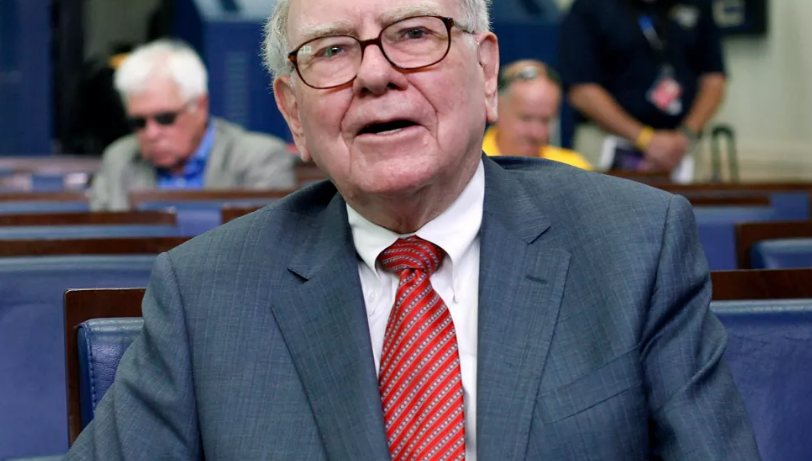Legendary investor Warren Buffett announced over the weekend that he plans to retire as chief executive of Berkshire Hathaway by the end of the year, marking the end of a transformative 60-year tenure. The unexpected announcement came during the company’s annual meeting in Omaha on Saturday, surprising shareholders who had long speculated about Buffett’s succession but had received few firm signals from the 94-year-old billionaire.
Buffett, known globally as the “Oracle of Omaha,” took control of Berkshire Hathaway in 1965 when it was a struggling textile firm. Over the decades, he turned it into a multinational conglomerate valued at hundreds of billions of dollars, largely through a value investing strategy that emphasized buying undervalued companies and holding them long-term.
Although slow to embrace the tech sector, Buffett’s later investments in Apple and Chinese electric carmaker BYD yielded massive returns. Apple, which Buffett initially approached with skepticism, became Berkshire’s largest equity holding, at one point valued at over $174 billion. Similarly, a $232 million bet on BYD in 2008 grew to over $9 billion at its peak.
Buffett’s early investments in insurance companies like National Indemnity and GEICO helped generate billions in “float” — premiums held before claims are paid — giving Berkshire capital for future deals. Other landmark investments include stakes in Coca-Cola, American Express, and Bank of America, acquired during periods of financial instability. His purchase of See’s Candies in 1972 was hailed as a turning point, showing a willingness to pay more for quality businesses with strong brand loyalty.
However, not all of Buffett’s decisions paid off. He has called his purchase of Berkshire Hathaway itself his worst investment, admitting he let emotion cloud his judgment. Other missteps included the failed acquisition of Dexter Shoe Co., where he exchanged valuable Berkshire stock for what turned out to be a worthless company. He also missed out on early investments in tech giants like Amazon and Google, which he later acknowledged as costly oversights.
Despite some mistakes, Buffett’s disciplined approach earned him global respect and transformed Berkshire into one of the most admired firms in the world. As the company prepares for a leadership transition, Buffett’s legacy as one of history’s most successful investors remains secure.
Berkshire has not yet confirmed a successor, but Vice Chairman Greg Abel is widely expected to take the reins.


